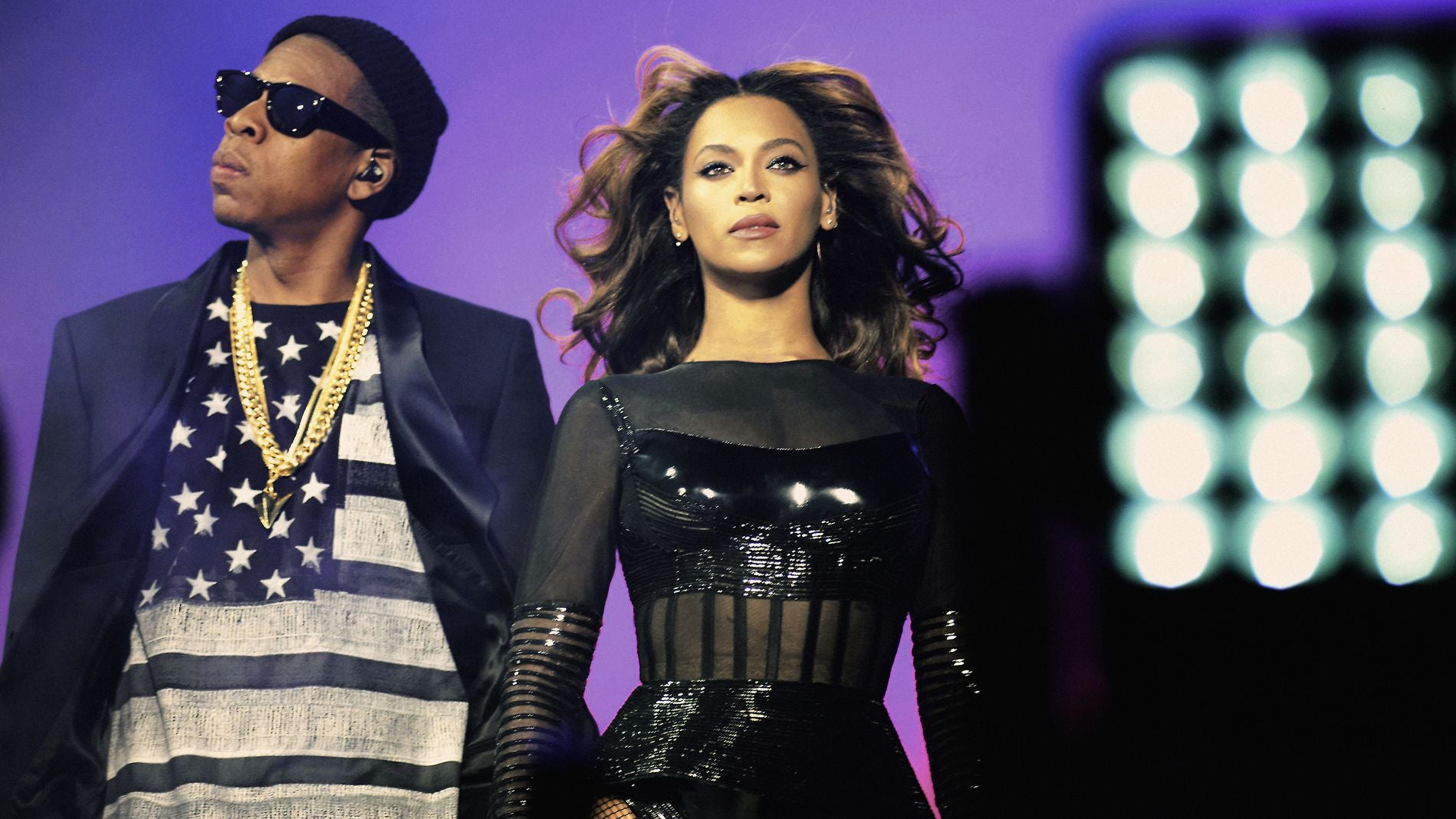Activists say Jay Z and Beyonce quietly bailed out Baltimore and Ferguson protesters
The internet is abuzz with news that Jay Z and Beyonce have reportedly donated tens of thousands of dollars to the #BlackLivesMatter movement. Activist and filmmaker dream hampton (she spells her name in lower case) tweeted on May 17 that she asked Jay Z for money to help bail out Ferguson and Baltimore protestors, and he “wired tens of thousands in mins.”


The internet is abuzz with news that Jay Z and Beyonce have reportedly donated tens of thousands of dollars to the #BlackLivesMatter movement. Activist and filmmaker dream hampton (she spells her name in lower case) tweeted on May 17 that she asked Jay Z for money to help bail out Ferguson and Baltimore protestors, and he “wired tens of thousands in mins.”
hampton, who is known for organizing and documenting some of the protests, also tweeted that “When BLM needed infrastructure money for the many chapters that we’re growing like beautiful dandelions, the Carters wrote a huge check.” She later deleted the tweets, but pop culture magazine Complex published screen shots. A #BlackLivesMatter co-founder and a spokesperson have since confirmed to Buzzfeed that the couple did donate.
The notion that a celebrity couple would need to contribute vast sums to fund bail for protestors highlights a problem in how the US detains its citizens. Both the decision to grant bail to a defendant (meant to be based on whether a court believes the accused can be trusted to not cause harm or flee before trial) and the criteria for determining the bail amount vary across states and counties and are often tainted by bias.
The eighth amendment to the US constitution says that bail should not be excessive, but decades of Supreme Court decisions have ruled that not all accused criminals, particularly those deemed to be potentially dangerous, have a right to pretrial freedom. In this sense, bail has become a de facto method of imprisonment, rather than an incentive for the accused to return to court.
“Over the last fifty years, research studies have consistently found that African American defendants receive significantly harsher bail outcomes than those imposed on white defendants,” according to a paper from American University law professor Cynthia Jones that reviewed research on race in pretrial determinations. This has a domino effect, she writes:
According to the Department of Justice, 78% of defendants held on bail are eventually convicted, but just 60% of released defendants are ultimately convicted. Defendants placed in pretrial detention are also more likely to plead guilty, and tend to get worse plea offers from prosecutors than released defendants. As a result, pretrial detainees are more likely to plead to a more serious felony offense. Defendants subjected to pretrial detention also face a much greater prospect of incarceration and receive longer prison sentences than released defendants with similar charges and a similar criminal history.
After activists protested the death of Freddie Gray last month in Baltimore, one teen accused of rioting was held on $500,000 bail, a larger amount than what was set for the officers charged with Gray’s death. Other lawyers working in Baltimore complained that about exorbitant bail amounts.
This is a longstanding gripe among lawyers and activists in Baltimore, where 91% of the people in jail were awaiting trial, and African Americans made up 89% of people held in jail but only 64% of the population, according to a 2010 Justice Policy Institute report.
Quartz has reached out to hampton, #BlackLivesMatter, and a representative from Jay Z’s company, Roc Nation, for comment.